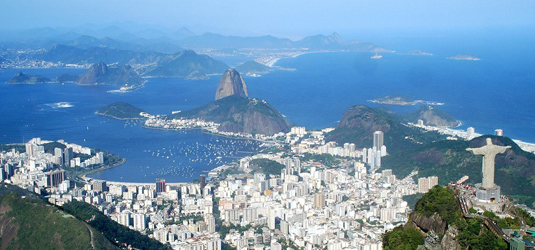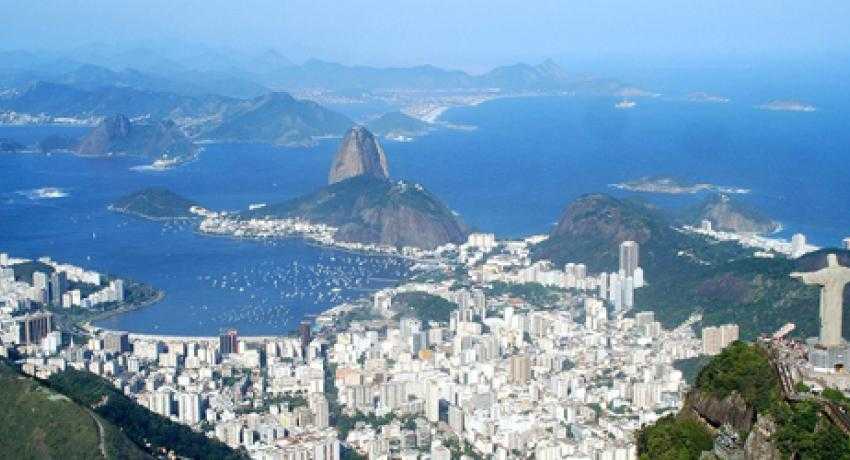Solar Developers Bidding in Brazil Energy Auction
 Brazil will consider more than 3,600 megawatts of new solar photovoltaic energy generation and 290 megawatts of solar thermal projects in an energy auction that will be taking place on Dec. 13.
Brazil will consider more than 3,600 megawatts of new solar photovoltaic energy generation and 290 megawatts of solar thermal projects in an energy auction that will be taking place on Dec. 13.
Together, the solar proposals will account for more than 10 percent of the proposed new generation capacity, according to a recent report from the Solar Power Generation Brasil Congress.
Applications for the energy auction were due by Sept. 30 and solar was initially excluded from participation.
Edison Lobao, Brazil’s Energy Minister, urged the Ministry of Mines and Energy to change this policy, however, which it did at the end of August. This change resulted in solar plants with installed capacities of at least 5 megawatts being able to participate.
The 152 solar PV projects submitted for consideration account for more than 10 percent of the 929 projects bidding to supply Brazil with new electricity generation by Jan.1, 2018.
Brazil presently gets about 77 percent of its energy from hydroelectric plants in the Amazon. While a clean and generally reliable energy source, it’s vulnerable to droughts, which caused significant power shortages and outages in 2003 and 2004.
While the country has the largest energy capacity of any in South America, it’s still far behind its rapidly growing demand. As the country expands and its economy grows, so does its need for reliable energy.
Brazil is looking to add 6,000 megawatts of new electricity generation capacity a year in order to satisfy the massive increases in demand.
Nearly all of the country’s energy is managed by a single government provider – the National Interconnected System – SIN.
Solar is gaining popularity in Brazil, with several trade groups and organizations now inviting international solar developers to explore the significant opportunity presented by a country with rapidly growing energy demand, great solar insulation and a government that is both willing to invest in new generation and motivated to keep new capacity as clean as its currently dominant hydroelectric power sources.
While Brazil has one of the highest solar insulation figures in the world – with 4.25 to 6.5 sunny hours a day – it doesn’t yet have much installed solar generation capacity. The country had 17 megawatts of installed solar at the end of 2012, accounting for less than 0.01 percent of its total energy capacity.
This could all rapidly change if Brazil finds some of the solar bids for new generation attractive enough to displace some of the more traditional and dirtier power generation methods, such as natural gas-fired plants.




